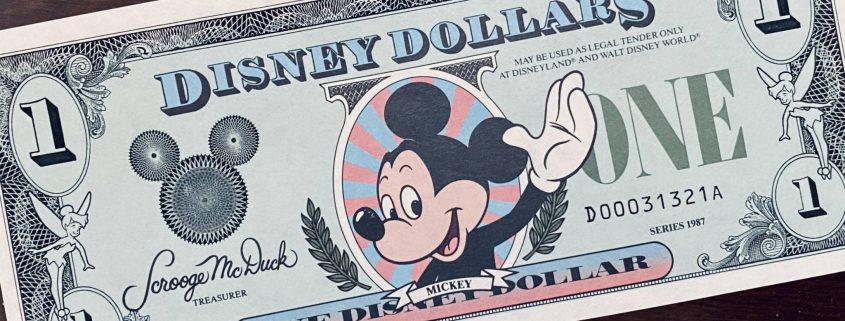Why Does Money Cost So Much?
Financial peace isn’t the acquisition of stuff. It’s learning to live on less than you make, so you can give money back and have money to invest. You can’t win until you do this. – Dave Ramsey
When it comes to money, we are not taught the meaning and value of money, let alone how to acquire and manage it well. I did not learn this from my parents. They were not good money managers. Furthermore, managing money was not taught to me in school. It was not taught to me in church. Fortunately, I had an excellent accounting firm for our business that taught me about P&Ls and budgeting!
What I have come to know is that the way I use money is a reflection of my core values and principles. I learned later in life a couple of crucial lessons when it comes to money.
I love money. I love everything about it. I bought some pretty good stuff. Got me a $300 pair of socks. Got a fur sink. An electric dog polisher. A gasoline-powered turtleneck sweater. Of course, I bought some dumb stuff, too. – Steve Martin
What you value shows up in what you purchase. One of the most significant issues I find in my coaching work is that many people aren’t clear about what they value, thus they are not living their values, hence no budget, they get into debt. Many believe values are what organizations need and create. Knowing and living core values begins with individuals. These are the first two things I challenge my coaching clients: What do they stand for? What don’t they stand for? When you are clear on this, coaching begins and a better life happens for the individual.
Wealth consists not in having great possessions but in having few wants. – Epictetus
Focus on needs rather than wants. That means: I need to make sure I’m not trying to keep up with the Jones. I am not in competition with anyone else. I don’t compare myself to others, especially with bigger homes, 2nd homes, nicer trips, etc. I am not trying to impress anyone else. I am not trying to meet anyone else’s expectations. When someone gets something big, new, or shiny, I celebrate it for them and check my “wish I had…” at the door.
I am mindful of how marketing, trends, and fads impact me. I don’t go to the grocery store hungry! Being a regular at Haywood Street makes me aware of what I need rather than what I want. I am rich in comparison to many at Haywood, and yet many of them have a more abundant spirit than I do. When you live within your needs rather than wants it is much easier to stick with a budget and pay off the monthly credit card bill.
The four most expensive words in the English language are, ‘This time it’s different.’ – Sir John Templeton
What you permit, you promote. What you purchase, you promote. If I buy bottled water, I promote harm to the environment. When I travel, I carry a water bottle and fill it with tap water. I love good coffee, and I buy Counter Culture. I brew two cups in the morning. I drink one cup at home; the second cup goes into my thermos for later. I figure it costs me $0.35/cup versus $2 + tip for a cup of coffee at the local cafe. I do drink coffee at coffee cafes, but it’s a treat, not a staple. I eat leftovers for lunch most days rather than spend money on lunch, which is a savings of $6 to $12. We cut the cord to cable several years ago, saving about $50/month. We couldn’t begin to watch 150+ channels so why pay for that? Second, there are plenty of other screen distractions!
What are you promoting by what you permit and purchase?
What’s in your savings account?
According to a recent study, 40% of Americans would struggle to come up with $400 for an unexpected expense. If you are one of them, what could you be doing differently to have this emergency $400?
Money experts believe you should have enough money in your emergency fund to cover at least 3 to 6 months’ worth of living expenses. If you don’t have this, what could you do to establish and maintain this fund?
It’s great to value money, but begin with core values!







